This article was co-authored by Tiffany Jumaily, MD. Dr. Tiffany Jumaily is a Board Certified Pediatrician and a fellow of the American Academy of Pediatrics (FAAP) based in Los Angeles, California. With over a decade of experience in the medical field, Dr. Jumaily specializes in identifying the root cause of symptoms and presenting manifestations of disease. She holds a BA in Biology from Boston University and an MD from Boston University School of Medicine. Her dedication to combining evidence-based allopathic medicine with complementary and alternative therapies has led to her being featured and cited in various platforms including U.S. News & World Report, Forbes, and CBS Los Angeles.
This article has been viewed 20,962 times.
Hyponatremia, or low blood sodium, can be a dangerous and even deadly condition. Learn about this illness so that you can take steps to prevent it. This can occur to anybody, but it's most common with bikers or people who work outside in hot weather. Hyponatremia often occurs acutely with symptoms of the flu. It happens when your sodium levels, normally 135-145 milliequivalents per liter or mEq/L, drop severely below this level. However, it is possible in acute hyponatremia to have severe symptoms at an Na level of 120-125.
Steps
-
1Eat a well balanced diet. Please refer to the Food Pyramid or suggestions of nutritionists if you are unsure about what you should be eating each day. Normally, you should have 3-5 servings of fruits and vegetables, 5-8 servings of grains, 2-4 servings of protein, and 2-4 servings of dairy each day. Remember to eat three meals a day to sustain your energy and keep your sodium levels in check.
-
2Remember to replenish vital electrolytes.[1] These include not only sodium but also potassium, glucose, proteins, and others. You can usually do this through a sports drink such as Gatorade. Switch between this and water while working, exercising, etc.
- An oral rehydration solution can be really helpful for restoring electrolytes. Coconut water is also a good option.
Advertisement -
3Keep your body cool to prevent diaphoresis, or profuse sweating.[2] This sweating is one of the major symptoms of hyponatremia. In order to keep your body cool while working outside, stay in the shade, wear a sun hat, and try to wear loose, light-colored clothing. Wear less restrictive clothing if possible, such as shorts, sandals, loose synthetic T-shirts, etc.
-
4Recognize and pay attention to other symptoms. These often resemble those of the flu. Early symptoms may include mild sweating, dizziness, or fatigue. Later stages include vomiting, severe confusion, convulsions or even coma. Please stay alert and call the Emergency Services immediately if you are experiencing any late stage symptoms.
-
5Take frequent breaks throughout the day and try to cool yourself off. Going inside and resting by a fan or dripping ice cold water down your hair or back can help alleviate overheating. Try to do this at least twice an hour, or 5 minutes for every hour that you work or exercise hard.
-
6Watch the color of your urination when in the bathroom. If your urine is clear or only pale yellow you are likely getting enough water and probably do not need any more fluid at the moment. If your urine is dark yellow it is a sign your body is not getting nearly enough water to be able to function properly. If it does not get better soon or is closer to a brown tint seek immediate medical attention.
-
7Remember to wear sunscreen every day you are outside in the bright sun. Remember to reapply at least every two hours with an SPF of at least 35. Though this does definitely have to do with skin cancer having dry sunburned skin; can severely increase the dangers of hyponatremia.
-
8Rest up! After working hard your body and brain need to restore energy. Don't be afraid to nap but not more than 2 hours or you may not be able to sleep well in the night.
Warnings
- Do not drink only water. This can cause sodium levels to rapidly plummet and can become Hyponatremia very quickly which is a health emergency.⧼thumbs_response⧽
- Please don't eat random foods. It is very important to eat healthy especially in the summertime. Eating cotton candy, potato chips and soda as a snack similar to what I did will not help and may make matters worse.⧼thumbs_response⧽
References
- ↑ https://goodonyaorganic.com/blogs/goodonya-hydrate/what-happens-when-your-body-is-low-on-electrolytes
- ↑ https://www.popsci.com/heat-keep-body-cool/
- http://www.nlm.nih.gov/medlineplus/ency/article/003481.htm
- http://en.wikipedia.org/wiki/Diaphoresis
- http://www.mayoclinic.org/diseases-conditions/hyponatremia/basics/definition/con-20031445
-Step-1.webp)
-Step-2.webp)
-Step-3.webp)
-Step-4.webp)
-Step-5.webp)
-Step-6.webp)
-Step-7.webp)
-Step-8.webp)
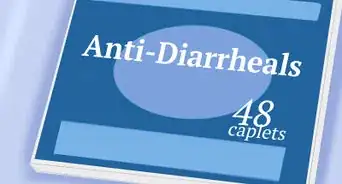


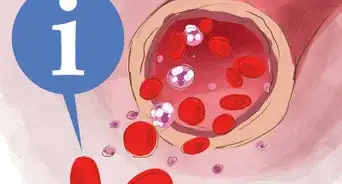
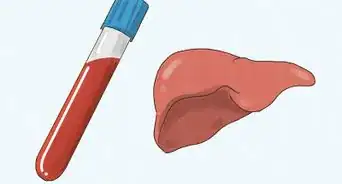

-Step-14-Version-2.webp)

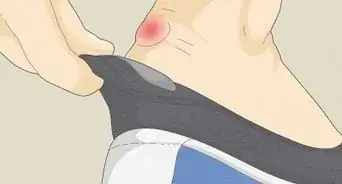

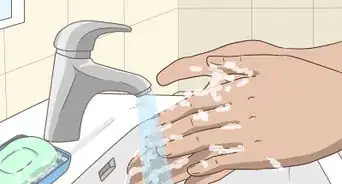
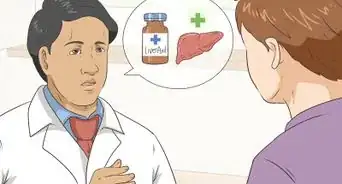

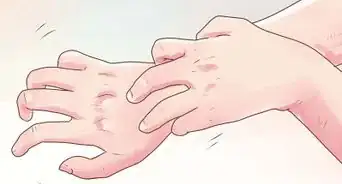








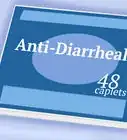


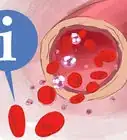



































Medical Disclaimer
The content of this article is not intended to be a substitute for professional medical advice, examination, diagnosis, or treatment. You should always contact your doctor or other qualified healthcare professional before starting, changing, or stopping any kind of health treatment.
Read More...